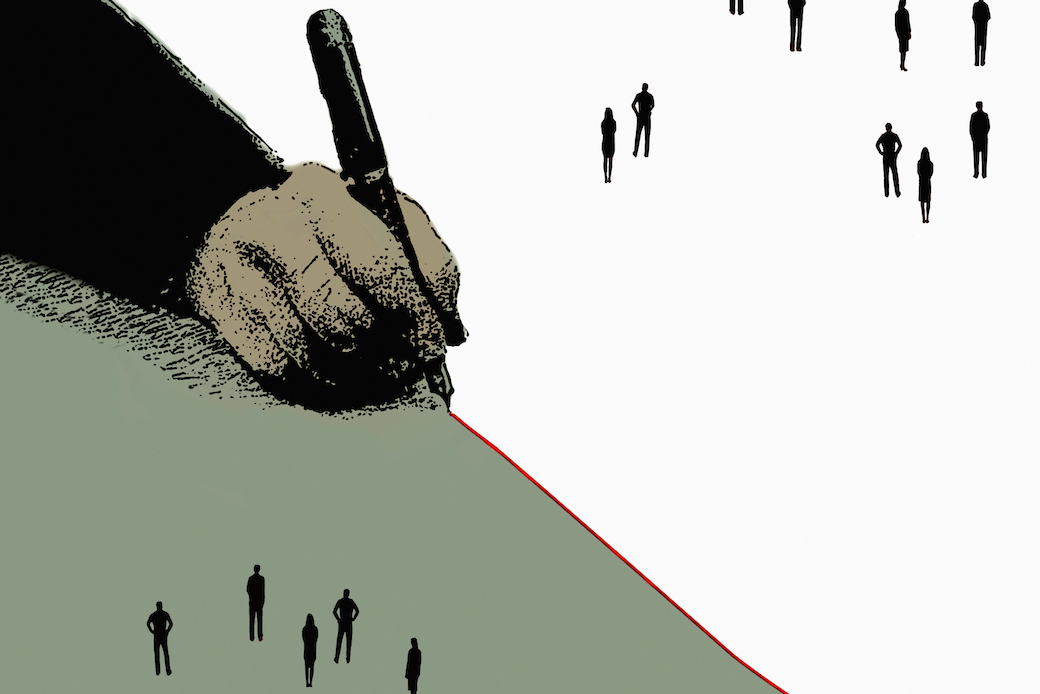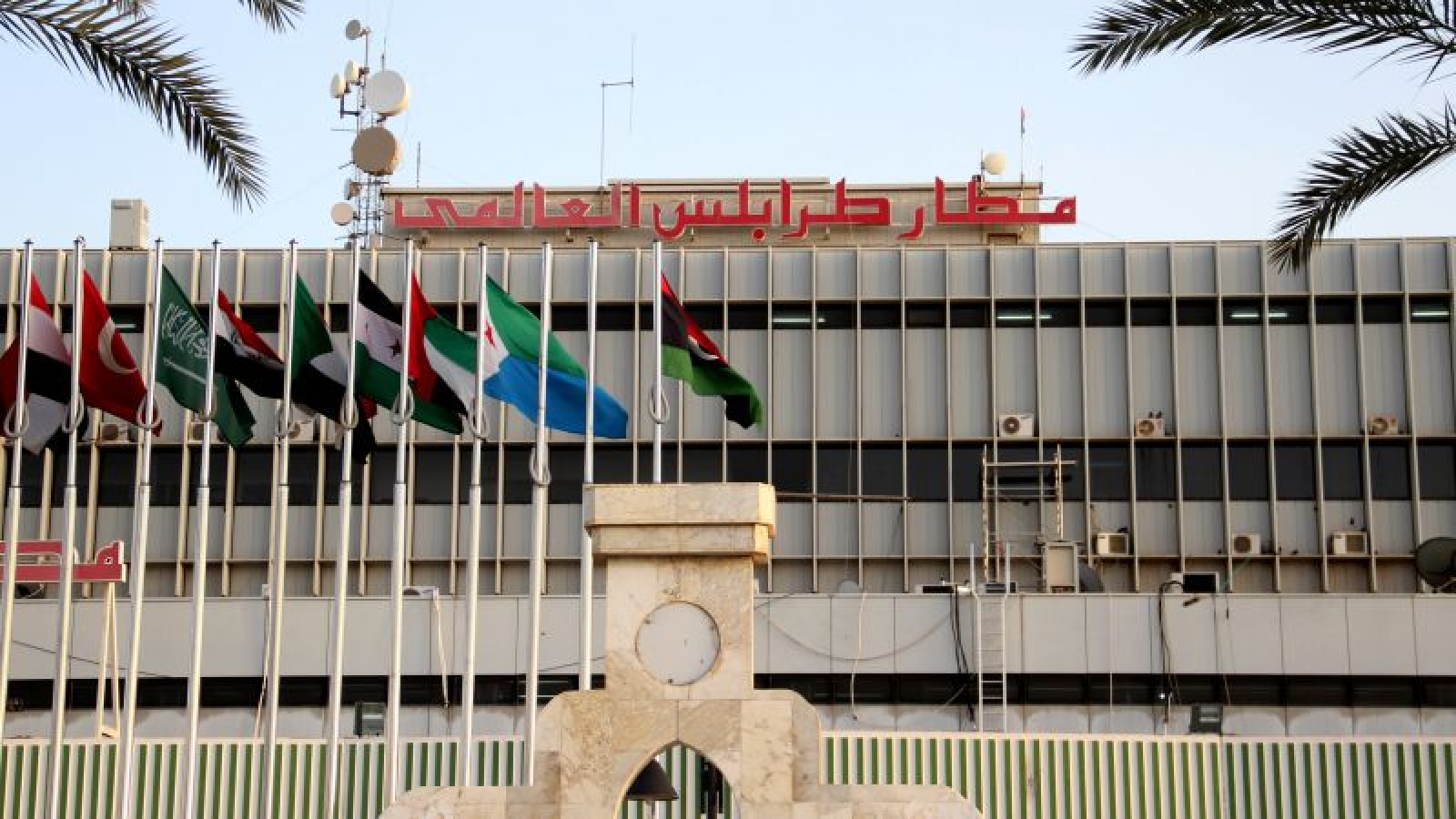Resolving Libya’s Longstanding Political Crisis
Libya has been in a state of political crisis for a prolonged period since the overthrow of the Gaddafi regime in 2011. The country’s lack of experience with democracy and the political leadership’s immaturity has led to rival forces taking control of the country, leading to dysfunctional state institutions and centralized powers that deprive municipalities of many amenities. Moreover, foreign interventions have further complicated the situation in Libya, with the country now divided into two governments, one in the West and the other in the East. The United Nations has been making efforts to mediate between the warring factions, but a resolution remains elusive
Elbira remains hopeful
Despite the bleak situation, Mr. Eyhab Elbira remains hopeful that the Libyan crisis can be resolved. He believes that the country’s past history of reconciliation after wars and internal conflicts can serve as a foundation for a peaceful resolution. However, he emphasizes the need for an accord that can achieve calm among Libyans, referring to it as a “code of conduct
Equal distribution of power and wealth
Elbira suggests that equal distribution of wealth is the key to resolving the crisis in Libya. The centralization of power has had an adverse impact on all aspects of life in Libya, and decentralization is the answer to all these problems. By decentralizing power, wealth will trickle down to municipalities, providing benefits to those who live within them. Health, education, and the economy will be available in municipalities, while the central government will carry out major projects. This will also provide accountability, which is currently lacking in Libya. The executive and oversight authorities are all in Tripoli, making it impossible to hold them accountable.

Caution against the idea of dividing Libya
Elbira is against the idea of dividing Libya into three entities, warning that certain countries are working towards splitting the country. He is in favor of a federal Libya but is against dividing it into three countries. He notes that the country is currently divided into East South, Fajr, and Karama, which fuel conflicts.
Despite all the challenges, dialogue is instrumental
Elbira acknowledges that there have been discussions about resolving the existence of two rival governments in Libya. However, there are five competing interest groups in Libya, including a government in the East, a government in the West, the State Council, the Presidential Council, and the Central Command of the army. Each group is keen to assert itself, making it difficult to reach a resolution. Nevertheless, Elbira believes that the crisis can be resolved through a broader dialogue.

